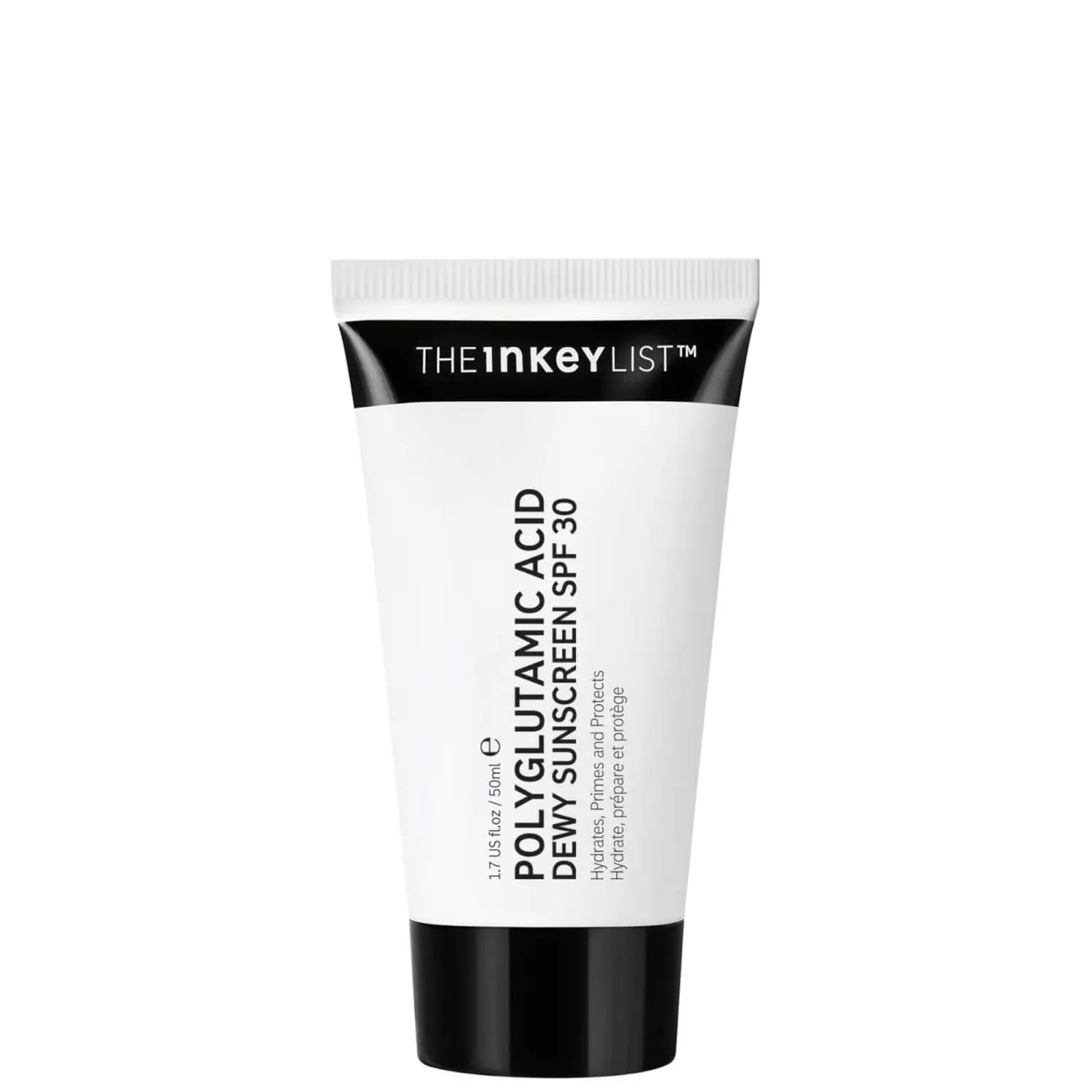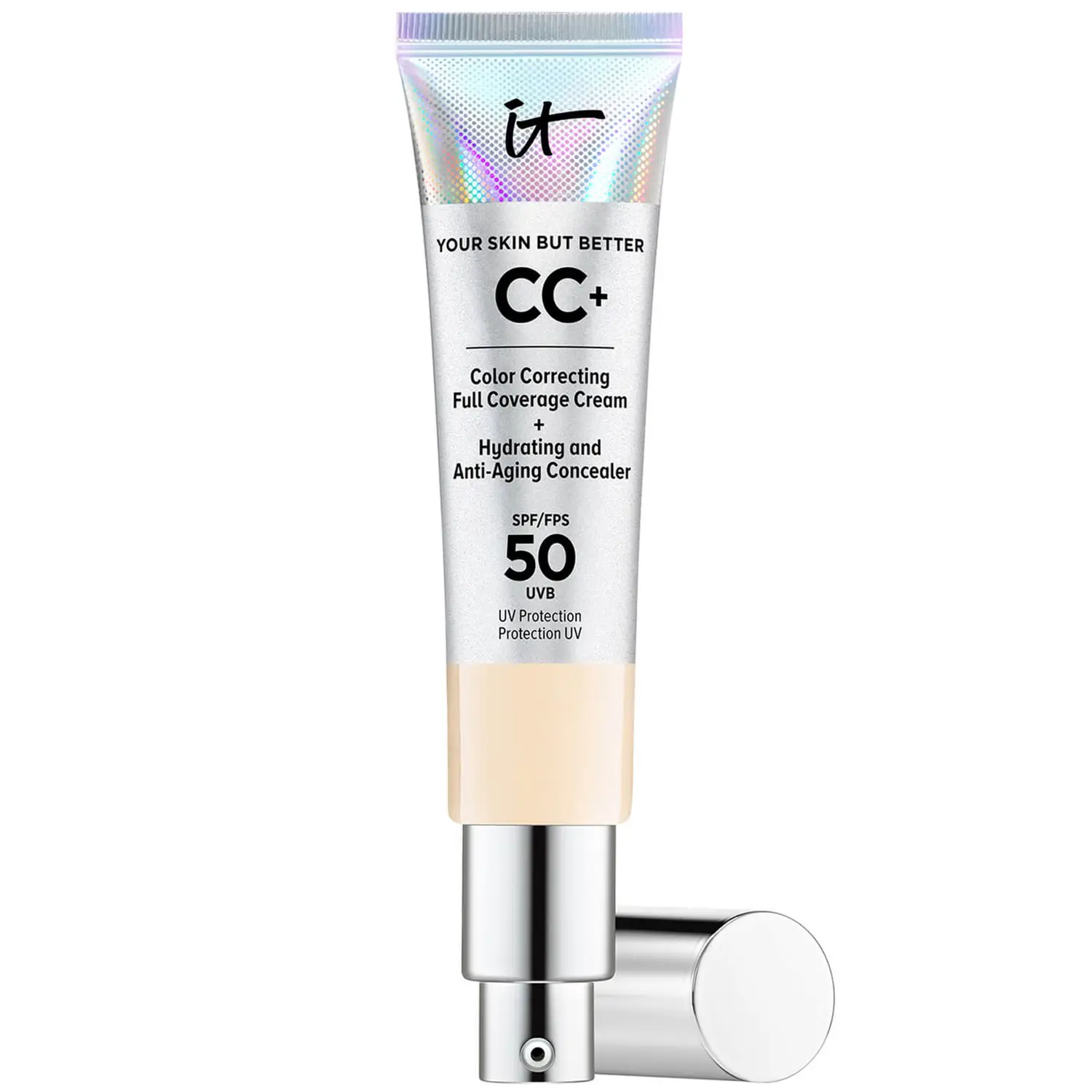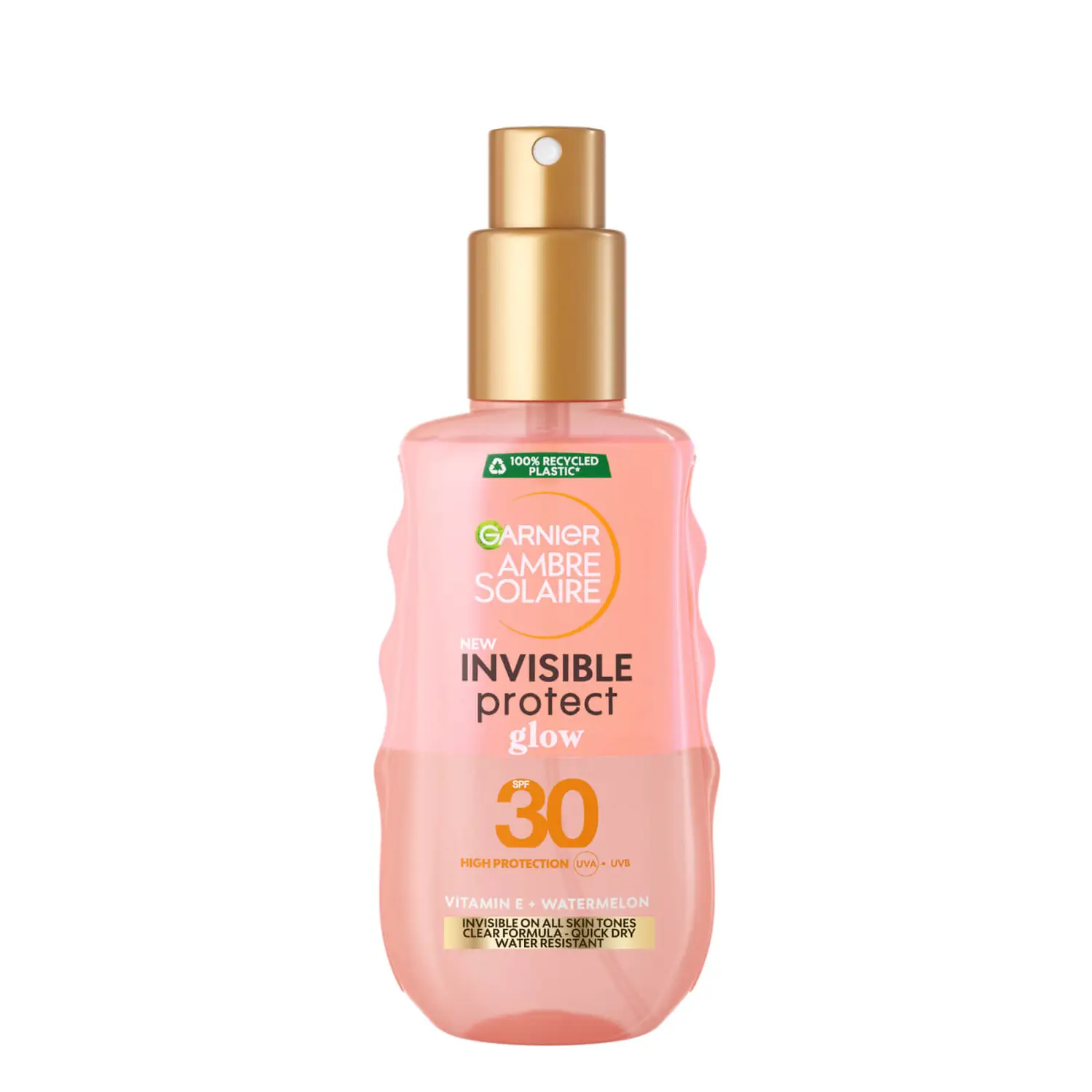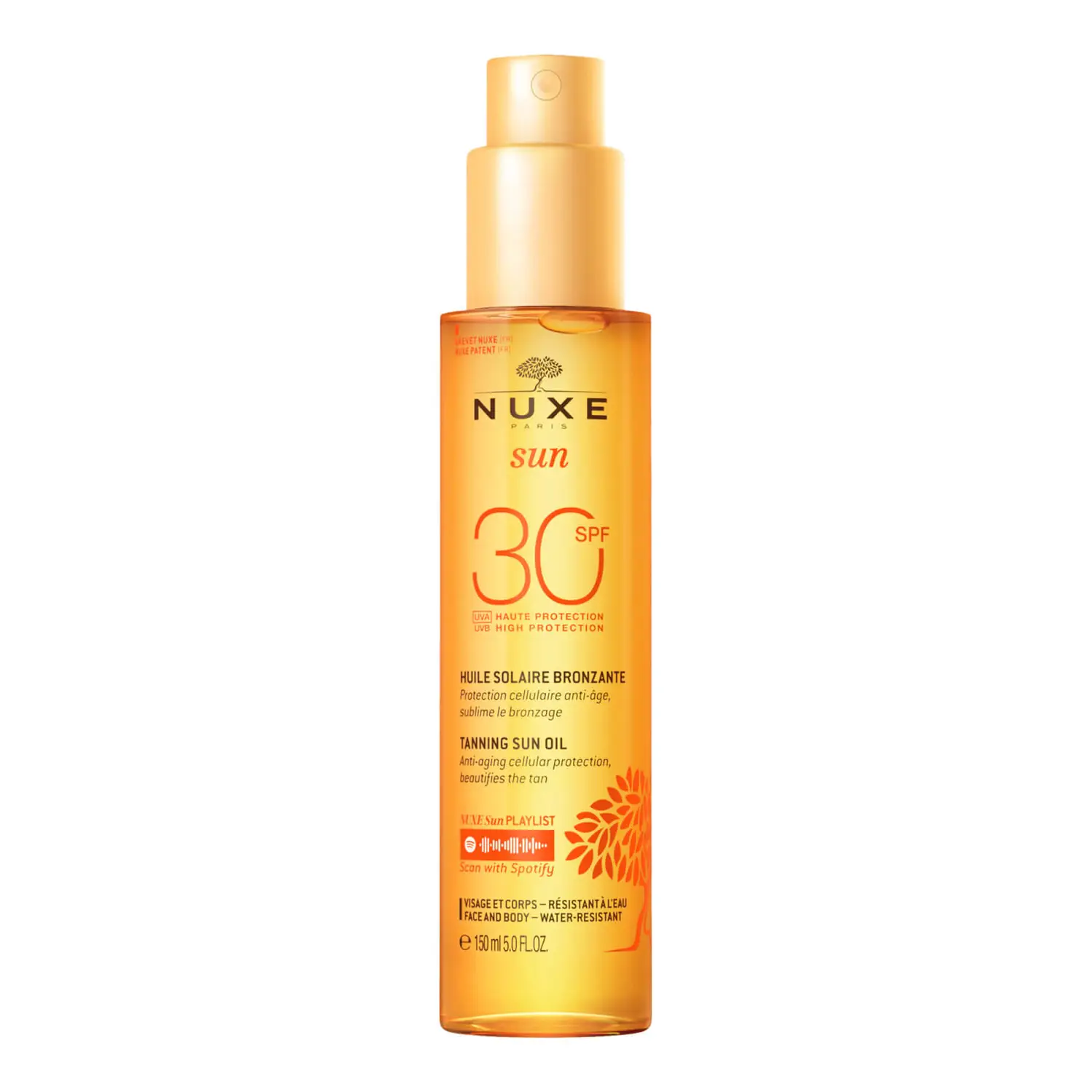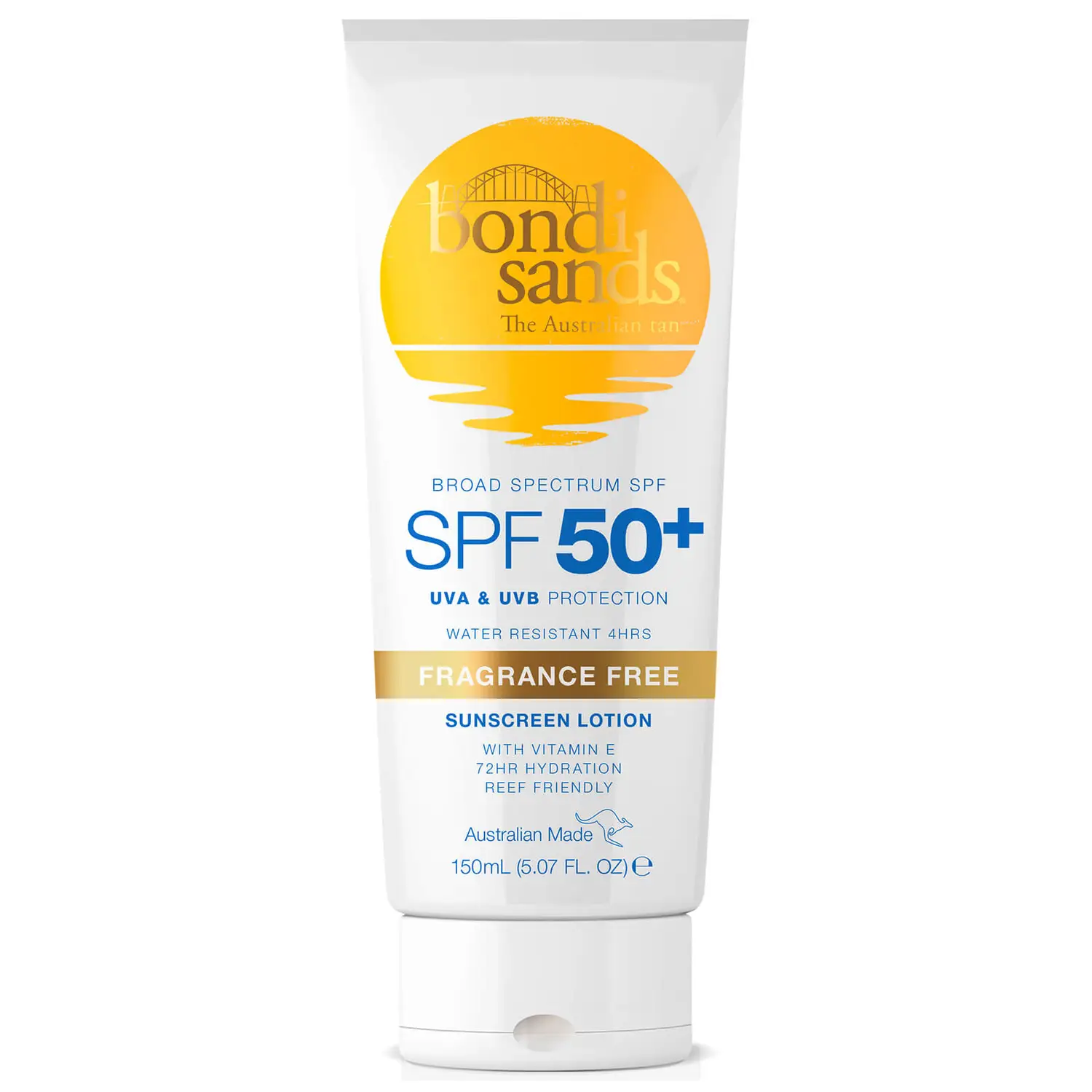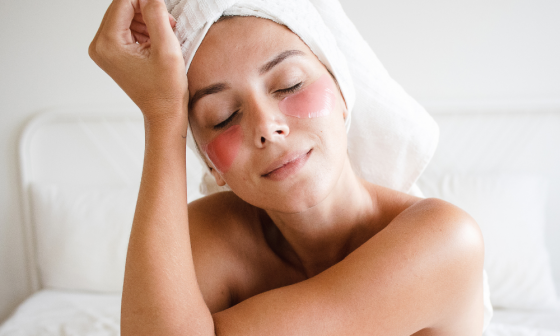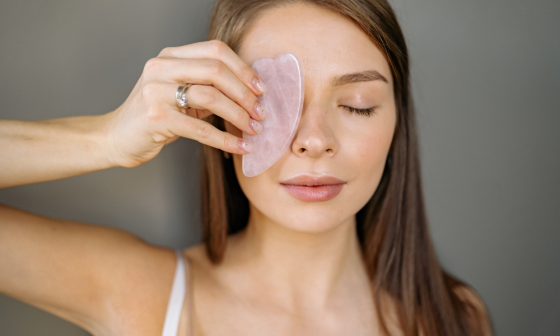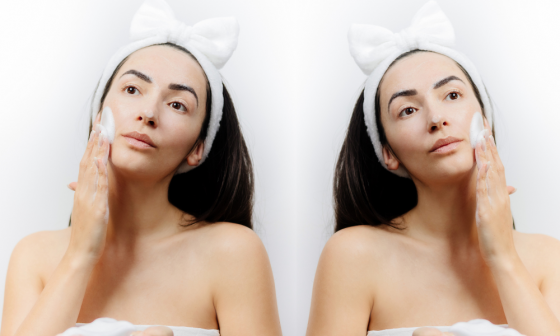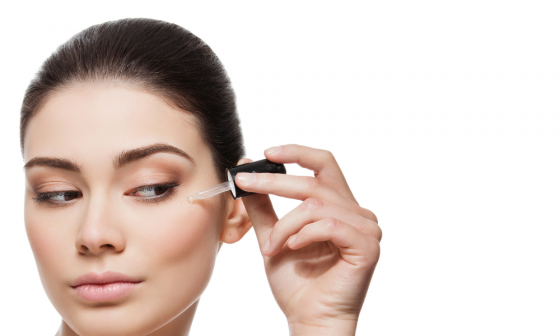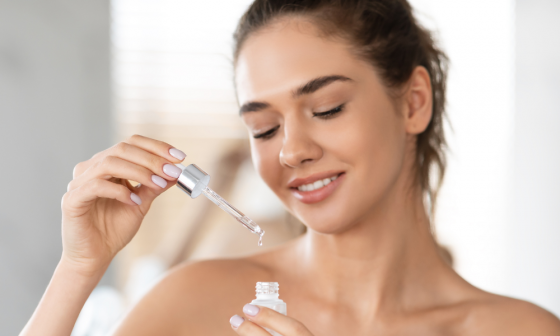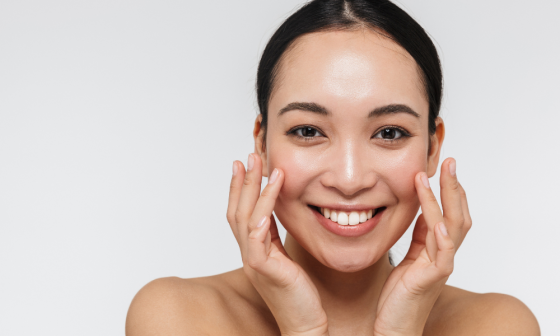It is essential to understand the importance of protecting your skin from the sun’s harmful UVA and UVB rays. But with the wide variety of sunscreens on the market, it can be difficult to know which type of protection is best. This guide to sun protection provides everything you need to know about Understanding SPF, UVA, and UVB Protection so that you can achieve flawless skin.
Why Sunscreen is Important for Flawless Skin
Sunscreen is a crucial step in any skincare routine, especially if you want flawless skin. The sun’s harmful UVA and UVB rays can cause premature aging, wrinkles, sunburns, and even increase the risk of skin cancer. By applying sunscreen daily, you protect your skin from these damaging effects, maintaining a youthful appearance and preventing skin damage. So, make sunscreen a non-negotiable part of your skincare regimen to achieve and maintain flawless, healthy skin.
Understanding SPF: What It Means and How to Choose the Right Level
Understanding SPF (Sun Protection Factor) is crucial in selecting the right sunscreen for your skin. SPF measures the level of protection against UVB rays, which are responsible for sunburns. Higher SPF values provide greater protection, but it’s important to note that no sunscreen can offer 100% protection.
Choose an SPF level based on your skin type, sun exposure, and activities. For daily use, an SPF of 30 is generally recommended, while higher SPF levels may be suitable for extended outdoor activities or if you have fair or sensitive skin.
UVA vs UVB: The Difference and Importance of Protection Against Both
UVA and UVB are both types of ultraviolet radiation from the sun, and they have different effects on the skin. UVA rays can penetrate deep into the skin, leading to premature aging, wrinkles, and sunspots. UVB rays primarily affect the surface of the skin, causing sunburns and contributing to the development of skin cancer. It is crucial to protect your skin from both UVA and UVB rays to maintain its health and prevent damage.
Ingredients to Look for in Sunscreens for Maximum Protection and Benefits
When selecting a sunscreen, it is important to look for specific ingredients that provide maximum protection and additional skincare benefits. Look for sunscreens that contain ingredients like titanium dioxide and zinc oxide, as these offer broad-spectrum protection against UVA and UVB rays. Additionally, antioxidants like vitamin C and vitamin E can help protect the skin from free radicals and further damage. Hyaluronic acid and glycerin are also beneficial, as they provide hydration and help maintain the skin’s moisture balance.
Different Types of Sunscreens: Which One Is Best for You?
When it comes to choosing the right sunscreen, there are several different types to consider. Mineral sunscreens, which contain zinc oxide or titanium dioxide, sit on top of the skin and reflect UV rays. Chemical sunscreens, on the other hand, absorb UV rays and convert them into heat. Additionally, there are sunscreens specifically formulated for sensitive skin, oily skin, or acne-prone skin. Consider your skin type, preferences, and any specific concerns you may have when deciding which type of sunscreen is best for you.
Tips for Proper Application and Reapplication of Sunscreen
To ensure proper protection, it is essential to apply sunscreen correctly. Start by applying a generous amount to all exposed areas of skin at least 15 minutes before sun exposure. Don’t forget commonly missed areas like the ears, neck, and tops of feet. Reapply sunscreen every two hours, or more frequently if sweating or swimming. Be sure to use enough product, as using too little can significantly decrease its effectiveness. Remember, sunscreen is only effective when used consistently and properly!
Sunscreen Myths Busted: Debunking Common Misconceptions
Sunscreen myths are abundant, but it’s time to separate fact from fiction. Contrary to popular belief, sunscreen does not cause vitamin D deficiency, and higher SPF does not mean you can stay in the sun longer. Sunscreen does not expire after one year, and you still need to protect your skin on cloudy days. Finally, sunscreen does not block all UV rays, so additional protection like hats and sunglasses are still necessary. Don’t fall for these myths – protect your skin with the right knowledge!
Additional Tips for Protecting Your Skin from the Sun’s Harmful Rays
In addition to wearing sunscreen, there are other steps you can take to protect your skin from the sun’s harmful rays. Seek shade during peak sun hours, typically between 10am and 4pm, to minimize exposure. Wear protective clothing such as hats, sunglasses, and long sleeves. Don’t forget to protect your lips with a lip balm that contains SPF. And finally, stay hydrated by drinking plenty of water, as it helps keep your skin healthy and moisturized.

